
More than 1,000 travel companies trust us to sell their tickets all in one place.
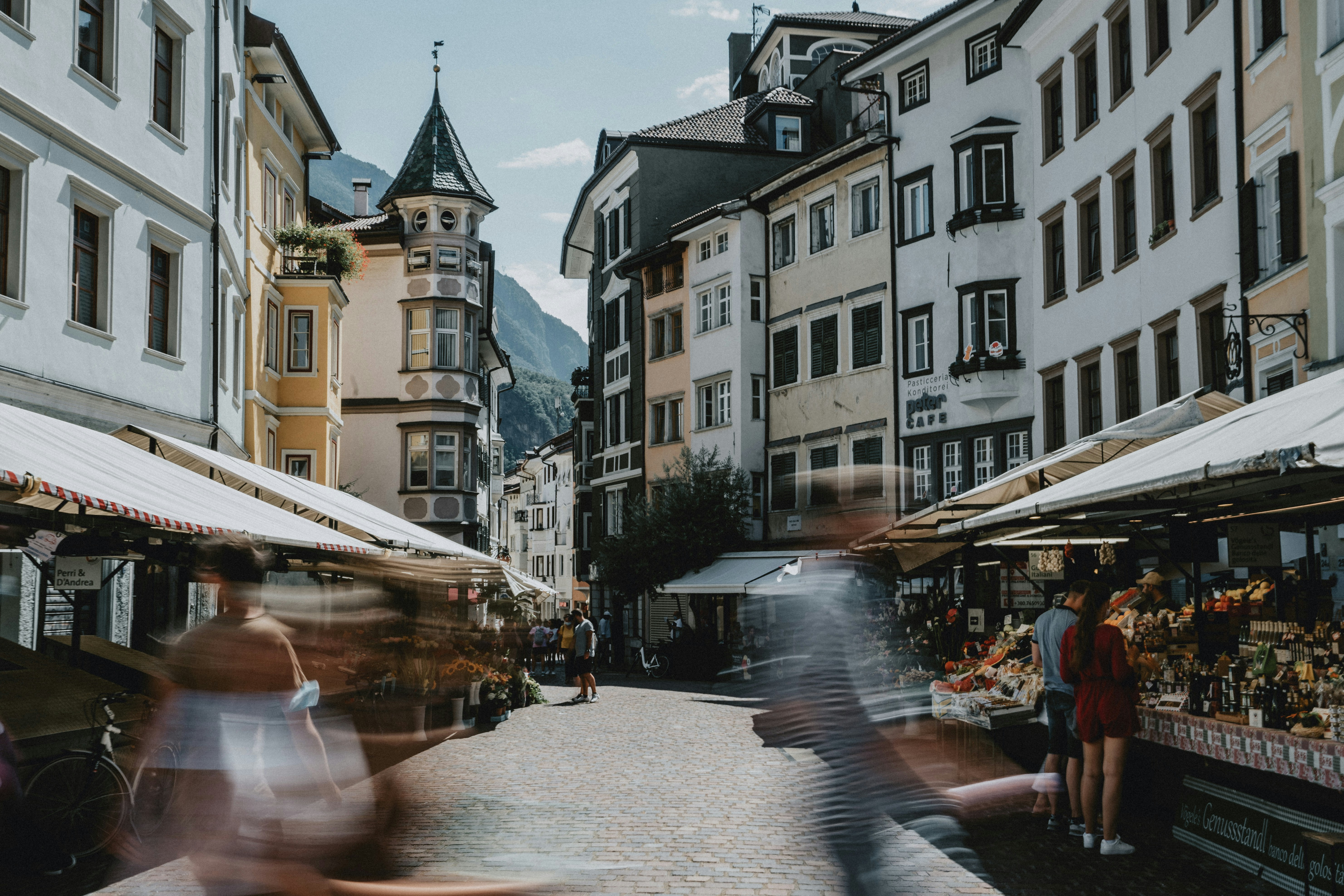
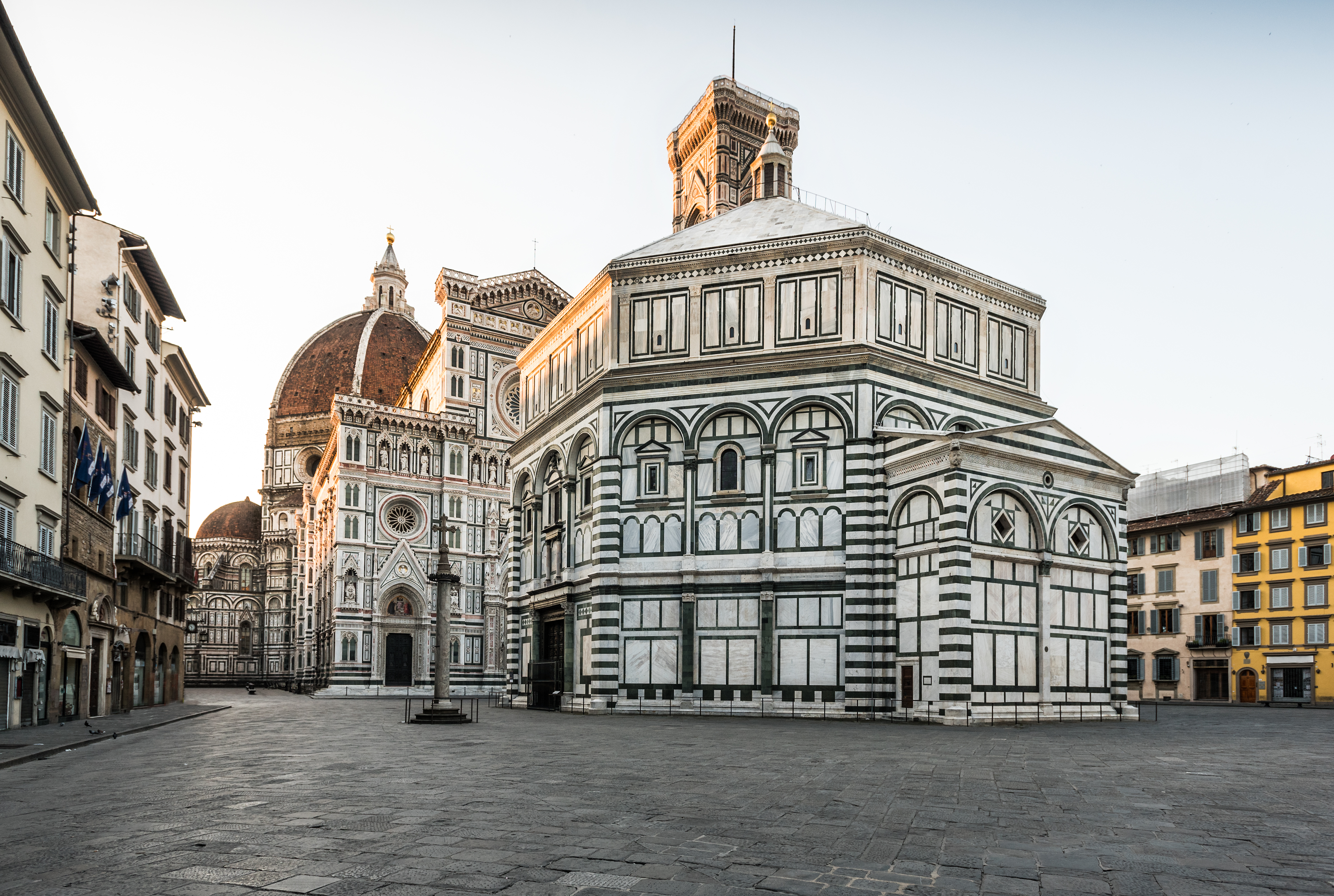
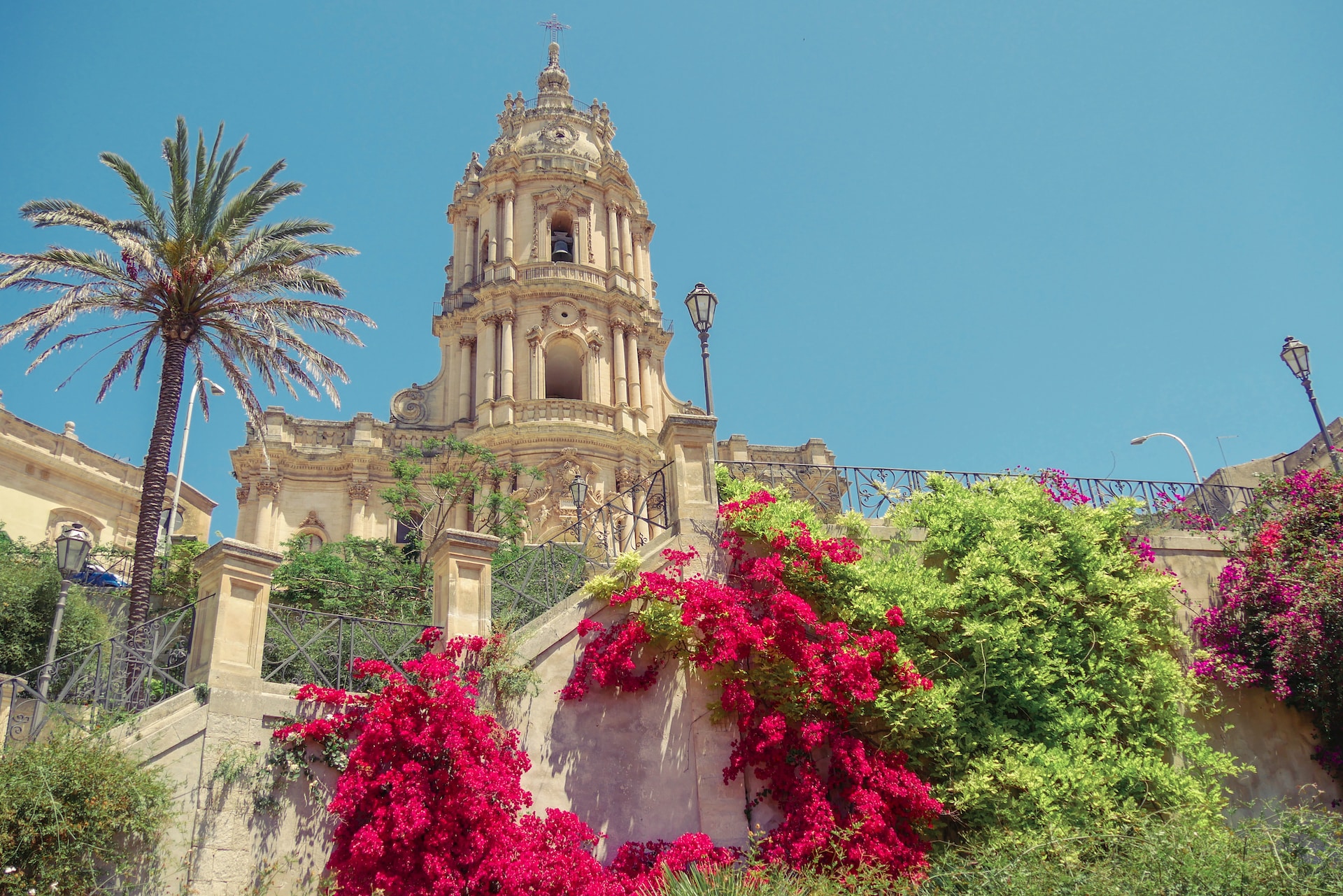
Overview of Trains in Italy
Italy boasts a vast and efficient railway network, making train travel a convenient and sustainable way to explore the country. High-speed trains, such as Trenitalia's Frecciarossa, can reach speeds of up to 300 km/h, rapidly connecting major cities like Rome, Florence, Venice, Milan, Bologna, Turin and Naples.
Intercity trains offer connections between mid-sized cities, while regional trains serve smaller towns, allowing travelers to reach almost any corner of the country. Italian trains are generally clean and comfortable, with high-speed services offering amenities like free Wi-Fi, power outlets and cafe cars. Booking in advance through Omio is recommended, especially for high-speed routes, to secure the best fares.
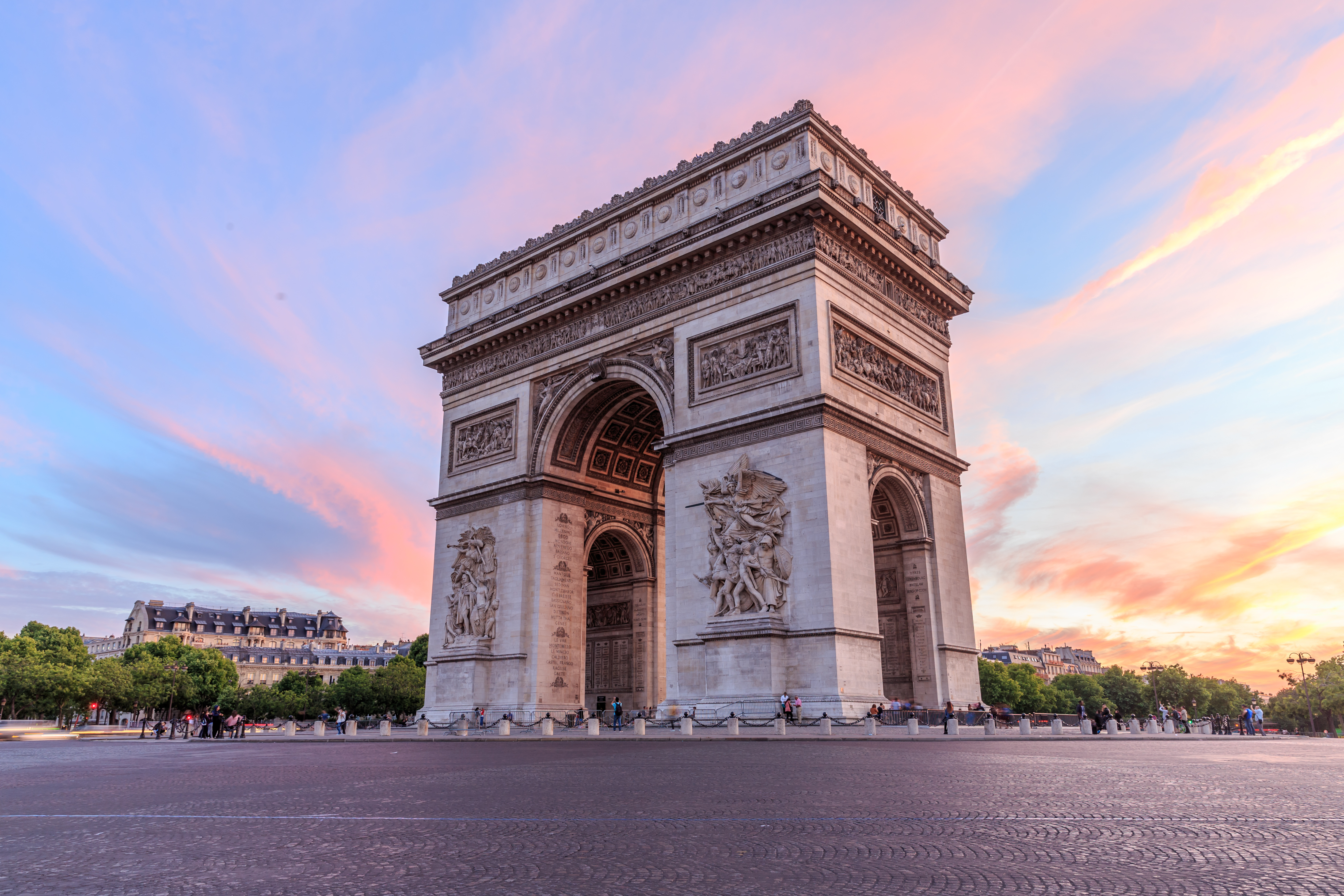
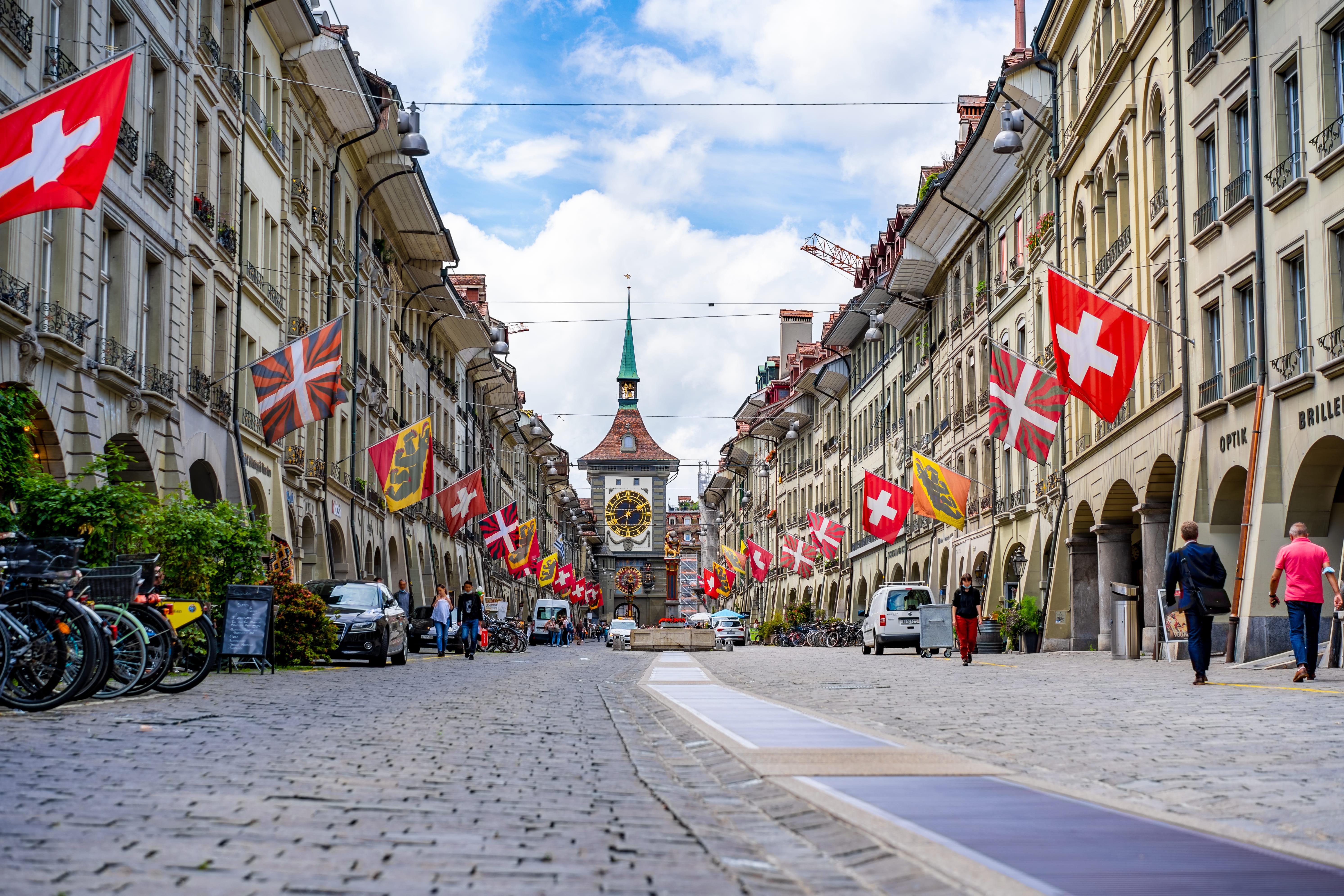

Popular Trains Providers in Italy
Deals for Trains in Italy
There’s a range of deals and discounts available if you book in bulk, or belong to a particular demographic. Here’s a quick overview of the options.
- Eurail Italy One Country Pass: For non-European residents, it offers unlimited train travel for a set number of days within Italy. Options include consecutive or flexible travel days (e.g. 3, 4, 5, 6, or 8 days within 1 month).
- Interrail Italy One Country Pass: Designed for European citizens, providing the same benefits as the Eurail pass for exploring Italy by train.
- Youth & Senior Discounts: Eurail and Interrail passes offer discounted rates for youth (ages 12-27) and seniors (60+). Children under 4 travel for free without a pass, and children aged 4-11 can travel for free with a Child Pass when accompanied by an adult.
Travelling by Train in Italy FAQs
Booking Questions
The best way to buy train tickets in Italy, especially to save money and ensure a seat, is by booking online in advance through Omio. Omio allows you to select your destination, travel details and preferred ticket class, making it easy to plan your journey.
Trenitalia offers various ticket types like Base (most flexible), Economy (changeable once), and Super Economy (cheapest, least flexible). High-speed trains often have service levels like Standard, Premium, Business, and Executive, offering varying degrees of comfort and amenities. You can find options for all these ticket types and classes when booking through Omio.
While a rail pass grants you unlimited travel, it does not guarantee a seat. For high-speed and overnight trains, seat reservations are often compulsory and incur an additional fee. It's highly recommended to book these in advance, especially for popular routes, as pass holder seats are limited. It's easy to make these reservations through Omio.
On-Board Questions
Most trains have designated luggage spaces, including overhead racks for smaller items and larger compartments at the end of each car for bigger bags. Carry-on sized bags can often fit in the triangular spaces between rows of seats. There's generally a respectful attitude towards luggage, but it's always wise to keep valuables close.
No, smoking is strictly forbidden aboard trains and within train stations in Italy.
On high-speed trains, you can typically expect comfortable seating, bathrooms, free Wi-Fi, power outlets for charging devices, and a cafe car offering drinks, snacks, and sandwiches. Premium and Business classes often include more spacious seating, complimentary snacks and drinks.
Ticket Collection & Check-In
For e-tickets on high-speed (Frecce) and Intercity trains booked via Omio, validation is usually not required as they act as a "boarding pass" and are validated upon issue. However, paper regional tickets still need to be validated by stamping them in the yellow machines located near station platforms before boarding.
It's advisable to arrive about 20 minutes before your scheduled departure. Platforms are usually posted around 10 minutes in advance on departure boards ("Partenze"). Always double-check the train's unique number, not just the destination, as trains may have multiple stops. In some stations, you may need to scan your ticket to access platforms.
Electronic tickets (e-tickets) are the most common for high-speed and Intercity trains when booking through Omio; you receive an email confirmation and can often use your phone as a ticket, eliminating the need for physical collection or validation. Paper tickets, typically for regional services, may need to be printed and validated at the station.


